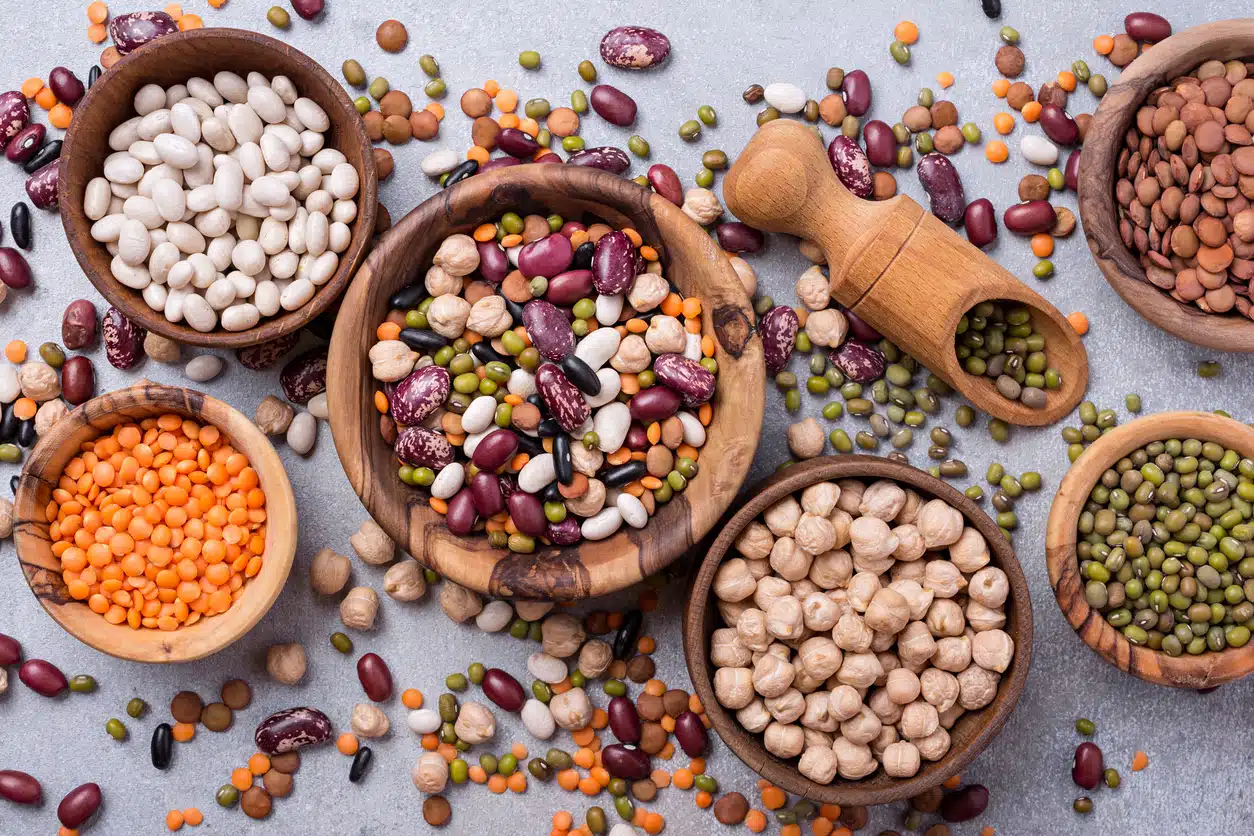
Legumes belong to the category of vegetables and include beans, chickpeas, broad beans, fava beans, lathouri and others.
It is a category of foods with excellent nutritional value, as it is rich in protein, insoluble and mainly soluble fiber, folic acid, potassium, iron and magnesium. An important feature of legumes is that they are an ideal source of protein without the presence of saturated fat, as is the case with red meats and at the same time they are an ideal meat substitute for herbivores.
Legumes have many beneficial effects on health due to their composition. They contribute to improving the mobility of the intestine, due to their fiber content and contribute to the reduction of cholesterol, since they lure a part of it to be excreted in the intestine. At the same time, it is a satisfying dietary choice, without adding many calories.
Legumes may be considered the food of winter, but there is a great variety in the way they are cooked, allowing their consumption during the summer months. Legumes, in addition to the form of soup that we all know, can be made into purees, put into salads with vegetables, and also cooked in risotto.
In conclusion, legumes should be present in our diet, in whatever form it pleases us best and at a frequency of 1-3 times a week, in order to have the benefits of their nutritional composition.







